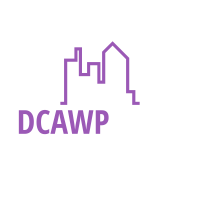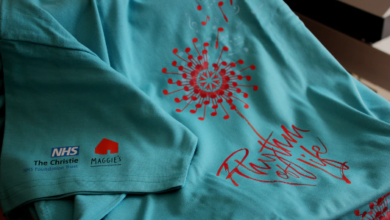Amazing Ways a Recovery Program Helps People With Substance Abuse

Behavioral Therapies
Behavioral therapies are used in recovery programs such as in Impact Recovery Center Atlanta to combat the psychological effects of substance abuse. These programs focus on changing how people think and behave so that they can lead healthier lifestyles. They also help prevent relapse by managing the negative behaviors that promote drug use.
There are many different types of behavioral therapies for people with substance abuse. Cognitive-behavioral therapy is one of them. These types of treatments are often used as complementary treatments to other treatments. In some cases, these therapies are the only treatment for a person with substance use disorder.
Cognitive-behavioral therapy (CBT) involves helping people understand why they use substances and dig into the underlying issues. It may involve individual or group therapy and may also involve treatment interventions between sessions. CBT has been shown to reduce self-harming behavior and improve relationships.
Medications
Medications can be an integral part of a recovery program for people with substance abuse. These medications are used to help the patient overcome the psychological, emotional, and physical effects of addiction. The types of medications used to treat addiction depend on the type and severity of the disorder. For example, a person suffering from alcoholism could develop the liver disease if they do not stop drinking alcohol. People with a drug-smoking addiction may develop respiratory problems. Most people undergoing addiction treatment will receive a combination of interventions. These may include inpatient and outpatient programs, psychological counseling, self-help groups, and medications.
Some of these medications are used to ease withdrawal symptoms and reduce cravings for addictive substances. However, these medications are not a cure for addiction. They should be used in conjunction with psychotherapy to be the most effective.
Psychotherapy
Psychotherapy in a recovery program for people suffering from substance abuse is important to combat addiction’s psychological and emotional aspects. Addiction is a chronic illness with a high relapse rate, with 40-60 percent of addicts relapsing at some point. While relapse does not mean the treatment is failing, it does mean that the treatment has to be adapted to the patient.
One effective model is dialectical behavior therapy, which focuses on addressing trauma’s psychological and emotional symptoms. It aims to help clients develop self-awareness skills and stress management skills. It also teaches clients how to identify their feelings, allowing them to develop healthy communication skills. The process can also help a client work through unresolved issues in their relationships.
Detoxification Therapy
Detoxification therapy is an important part of a recovery program for people with substance abuse. The process begins with an evaluation to determine the substances a patient will need to clear and determine if the person can handle the withdrawal process. After this, the patient will begin the natural process of cleansing the body of substances. This process can take days or weeks, depending on the drug being removed.
Detoxification is often combined with psychosocial and medical treatments. It helps to stabilize the patient, assisting them through acute intoxication and withdrawal. It also helps to familiarize the patient with the recovery environment and their role in the process. It also helps involve the patient’s family and other significant people in the process.
Read More: Dignity & Respect




